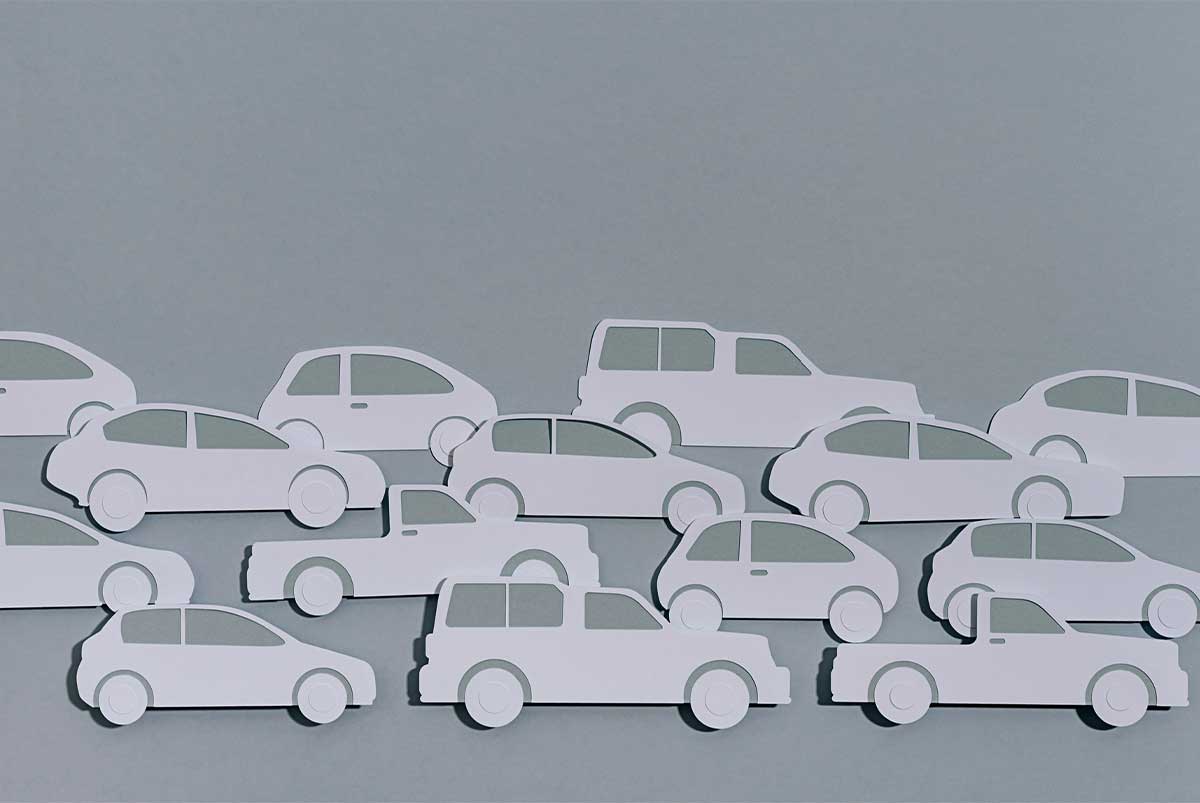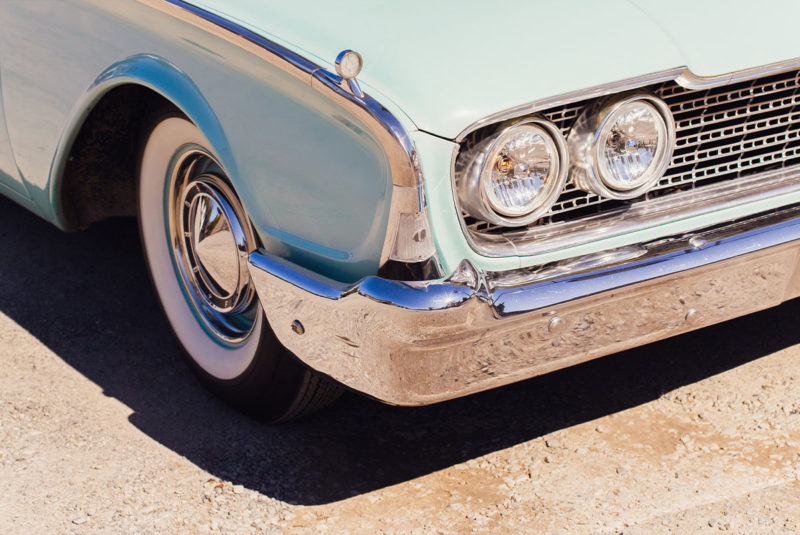Buying a car can be an exhilarating experience, especially if it’s your first car, first new car or the first car you’re buying without help from your family.
Unless you can buy your car with cash, you’ll probably need an auto loan. Before any auto lender decides to give you a car loan, they’re going to take a look at your credit score.
But what if you have less-than-perfect credit? Does this mean you can’t buy a car? Will it make the car of your dreams unaffordable?
Getting a car loan with bad credit can turn what could have been an exciting ride down an open highway into getting stuck in rush hour traffic with an almost empty tank of gas.
But alternate routes are available, and help is waiting for you. Consider this your car GPS and follow these tips.
Learn How Your Credit Affects Your Ability To Buy: Check the Traffic
Your credit score is a number from 300 to 850. The higher your score, the better your credit. And the better your credit, the more likely you are to get a lower interest rate.
On the other hand, with a poor credit score, the lender may choose to deny your loan application. If they do approve it, they’re likely going to charge higher interest rates.
According to data from Experian™ (one of the big three credit rating agencies), interest rates for new and used cars can vary wildly based on your credit score.[1]
| Credit score category | Average loan interest for a new car | Average loan interest for a used car |
| Deep subprime (300 to 500) | 14% – 15% | 20% – 21% |
| Subprime (501 to 600) | 10% – 11% | 17% – 18% |
| Nonprime (601 to 660) | 6% – 7% | 10% – 11% |
| Prime (661 to 780) | 4% – 5% | 5% – 6% |
| Super prime (781 to 850) | 2% – 3% | 3% – 4% |
While rates change regularly, it’s easy to see that the biggest jump in rates happens when your credit score drops below the 600 range.
When your score lands you in the subprime category, you may only qualify for auto loans from subprime lenders who are willing to lend to high-risk borrowers and charge higher interest rates.
If you crunch the numbers, that can make a big difference.
For instance, for a new car costing $30,000 with a 48-month loan, a plunge from super prime to deep subprime can add almost $200 to your monthly payment. That adds up to thousands of dollars in interest over the life of your auto loan.
Understand Why You Have Bad Credit: Slow Down
Your credit score can drop for a variety of reasons, including:
- Missed or late payments
- Using too much of your available credit
- Making lots of large purchases on credit in a short period of time
- Requesting too many credit checks over a short period of time
When reviewing your auto loan application, auto lenders may consider other factors related to your credit score.
New borrower
Sometimes a little debt is a good thing. If you don’t have any credit cards or haven’t borrowed money in your name or don’t have any monthly bills, you may not have a credit history. That means you may have a low or non-existent credit score.
You can fix this by building a credit history. Take out a credit card through your bank or local retail store, or start paying small monthly bills (like a streaming service subscription) by yourself.
Habitual vs. situational
If you have a credit history, lenders will figure out why your credit score is low. If you tend to pay bills late or carry a lot of debt, you may be classified as having habitual bad credit.
On the other hand, if your low credit score is due to divorce, illness, sudden unexpected debt (like medical bills) or losing your job, lenders may see this as a situational credit problem and may be more forgiving.
Fraud and identity theft
It’s also possible to do everything right and still have a low credit score. If your identity has been stolen and someone is using your credit fraudulently, it can damage your credit score.
The good news is that you can get your credit score restored if you report the problem to the credit reporting agencies.
Improve Your Credit Before You Buy: Check Your Mirror
Once you know why your credit is bad, it’s time to start fixing it. You can directly improve your credit score by making sure you pay bills on time and pay down your debts. A few easy ways to do this include:
- Automating payments (so you never forget to pay)
- Creating a budget and sticking with it
- Focusing on paying down high-interest debt
- Consolidating debts (so you can pay them off at a lower interest rate)
Make a Larger Down Payment: Show You’re Serious
Another way to improve your chances of approval is to offer to make a down payment. The more you can pay in advance, the better the terms a lender will be willing to offer.
Look For a Co-signer: Have Someone Ride Shotgun
If you have a close family member or friend who has excellent credit, ask if they’d be willing to act as a co-signer. A co-signer agrees to share responsibility for the loan, which makes the lender feel more comfortable.
Just make sure you and your co-signer understand who is responsible for making payments – and what happens if payments are missed.
Get Preapproved: Use Your Turn Signal
To preapprove you, a lender will check your credit and then hand you a letter that tells you how much they are willing to loan you. Now, you may not use that lender, but getting preapproved is a good way to do a gut check on the kinds of interest rates and terms you qualify for.
It may also give you a better sense of what you can afford and provide additional leverage when negotiating with a dealer.
Choose a Car You Can Afford: Change Lanes
If you have credit problems, you may need to adjust your expectations. You may have your heart set on a brand new car, but you may have to skip the custom options or consider a certified pre-owned or used model instead.
Here’s an interesting quirk: Interest rates are actually lower for a new car, compared to a used car. But on the other hand, you’ll probably pay more for a new car, so that may be a wash.
Shop For a Bad-Credit Auto Loan: Find Your New Route
If you don’t have time to improve your credit score before you buy a new car, there are ways to get a private auto loan with bad credit. Different auto lenders have different motivations. Take the time to shop around and consider all your options.
One warning: Try to submit all your credit applications at the same time. Too many credit pulls over more than a week or two can hurt your credit score.
Captive financing
Some automakers or auto retailers are also able to offer auto financing for their buyers. These lenders may be more willing to offer better terms on bad credit financing because you’ll be buying one of their cars.
Dealer-arranged financing
When you go to the car dealership, the dealer can research financing options from the lenders they partner with.
They may be able to find you a better offer than you could find yourself, but keep in mind that they are under no obligation to provide you with auto financing options that are the best for you.
Getting preapproved can help you get the best offer because the dealer knows that you already have an offer in hand.
Credit unions and community banks
If you have access to a credit union, community bank or other local financial institution, look to see what they can do for you.
Because credit unions are member-owned, they don’t need to make as much profit on their loans, which means they usually offer very competitive interest rates.
You may need to meet specific criteria and open a checking or savings account to join, but it often makes it easier to make your loan payments, so it’s a win-win for all.
Even if you don’t wind up using the loan, credit unions can be a great source for a preapproval letter and good financial advice.
Online lenders
If you google “auto loans,” you’ll likely see a tsunami of offers from auto lenders and websites that rank and promote lenders.
Many online lenders offer competitive interest rates and instant approval on auto loans, and some companies specifically work with lenders who have less-than-perfect credit.
Keep in mind that not all online lenders are created equal. Do your research before you commit.
Think About Your Future Credit: Find Your New Road
If you get approved for an auto loan, remember that the auto loan will also affect your credit score. No matter what kind of loan you get, you’ll have to keep up with your payments – even one missed payment can hurt your credit score.
The good news? Bad credit can be a temporary thing. As you rebuild your credit, you may be able to refinance your auto loan and get better terms.
The Short Version
- Getting an auto loan with a weak credit score can make it harder to get approved
- The lower your credit score, the more lenders will charge you for auto financing
- Improving your credit or working with a subprime lender may be your best bet for getting approved
Experian™. “AUTO FINANCE INSIGHTS.” Retrieved November 2021 from https://www.experian.com/content/dam/noindex/na/us/automotive/finance-trends/state-of-auto-finance-q2-2021.pdf
Consumer Reports. “More Than a Third of Volunteers in a Consumer Reports Study Found Errors in Their Credit Reports.” Retrieved November 2021 from https://www.consumerreports.org/credit-scores-reports/consumers-found-errors-in-their-credit-reports-a6996937910/




